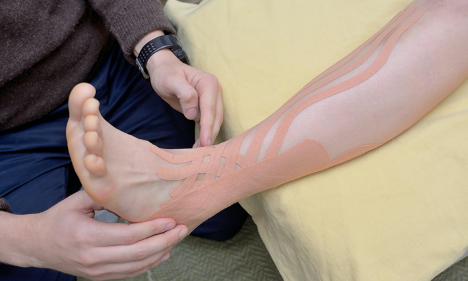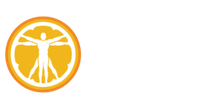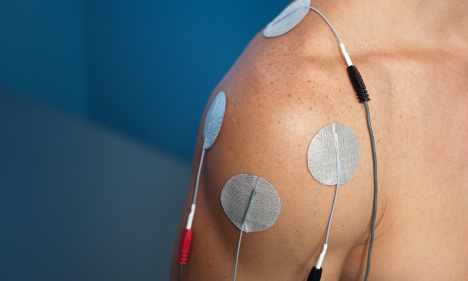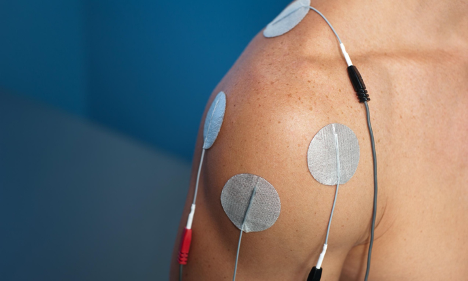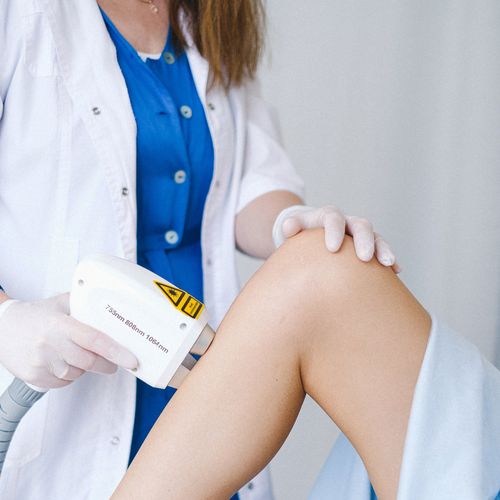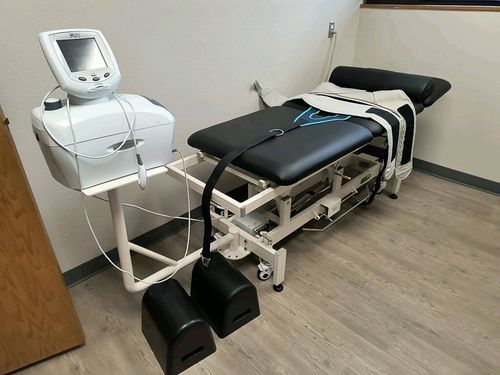Acute Care Chiropractic
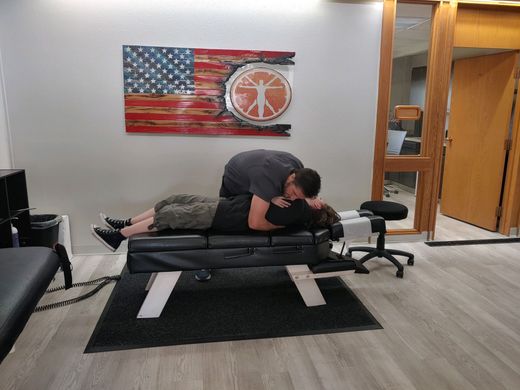
Acute/ Corrective Care Chiropractic is a completely different approach to achieving and maintaining optimal health. A Corrective Care Chiropractor will evaluate the Nervous System and Spinal Column evaluating the person for not only trauma and pathology, but more importantly for function. Since our Central Nervous System controls all joints, tissues, organs and glands of the body, we need it to function as close to 100% as possible. When we see a patient for the first time at Whole Health Springs in we always let them know there are two basic forms of chiropractic care. One being Relief Care, which is pain control, and the other is Corrective Care, which works on the underlying structural abnormalities (correcting the cause and/or injury not just treating the Symptom) to make a more permanent change. It’s likened to orthodontics.
Wellness Care
Wellness Care seeks to turn on the body’s natural healing ability by removing anything that might interfere with normal function, trusting that the body would know what to do if nothing were interfering with it.
Subtle misalignments of the spine can interfere with proper function and contribute to injuries, sickness and even mental health issues. The spine plays a pivotal role in posture, integrating and coordinating kinetic movement, and ultimately protecting the spinal cord—the primary conduit for the brain’s communication to every single tissue, cell and structure in the body. Wellness based chiropractic services addresses these subtle misalignments or breakdowns in spinal segmental movement, so that a person can achieve better overall health and keep doing the things they love to do.
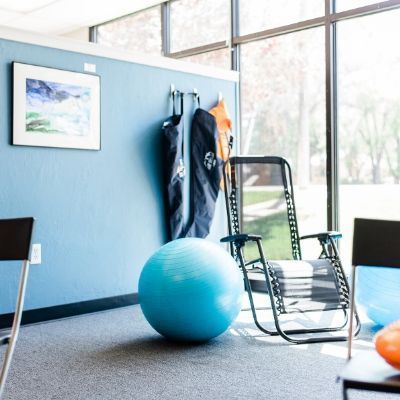
Instrument Assisted Soft Tissue Mobilization
IASTM a.k.a. “ instrument assisted soft tissue mobilization,” is a manual therapy approach to musculoskeletal injuries using specifically designed tools. The most effective for a IASTM is stainless steel, which smart tools are made of.
Smart tools were developed to assist in effective treatment of additions and scarring brought on by surgeries, injuries, sprain, strains and overused/damaged muscles. These tools assist Dr-Ryan to effectively treat all our Colorado Springs patients with less fatigue, and more comfort to the patient. These tools enable Dr-Ryan to create a controlled inflammatory process which will allow the tissue to begin the healing process, breaking down scar tissue/adhesions in the troubled area, and accelerate the healing process.
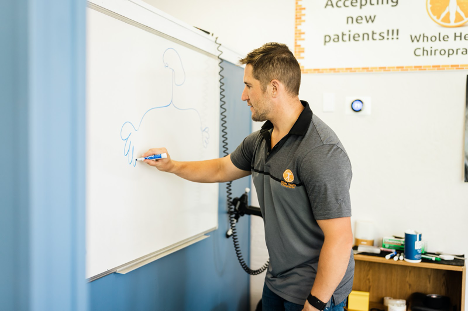
Cupping & Massage Therapy

Cupping is an alternative and complementary treatment of physical therapy used for a variety of conditions. Cups are applied to the soft-tissue of the body utilizing suction which draws the soft tissue and muscle into the cups.
What is the history of cupping?
There are many different forms of cupping found throughout the world from traditional Chinese medicine to Mexican curandera.
The ancient Greek philosopher and Father of Western Medicine Hippocrates (c. 400 BC) wrote about the benefits of cupping. Cupping was even practiced by western medical doctors until the strong separations developed between allopathic and homeopathic medicine in the nineteenth century.
Kinesiology Taping
Kinesiology tape is a thin, stretchy, elastic cotton strip with an acrylic adhesive. Therapeutic kinesiology tape that can benefit a wide variety of musculoskeletal and sports injuries, plus inflammatory conditions.
The benefit of Kinesiology Taping Services is that kinesiology tape is almost identical to human skin in both thickness and elasticity, which allows kinesio tape to be worn without binding, constricting or restriction of your movement.
